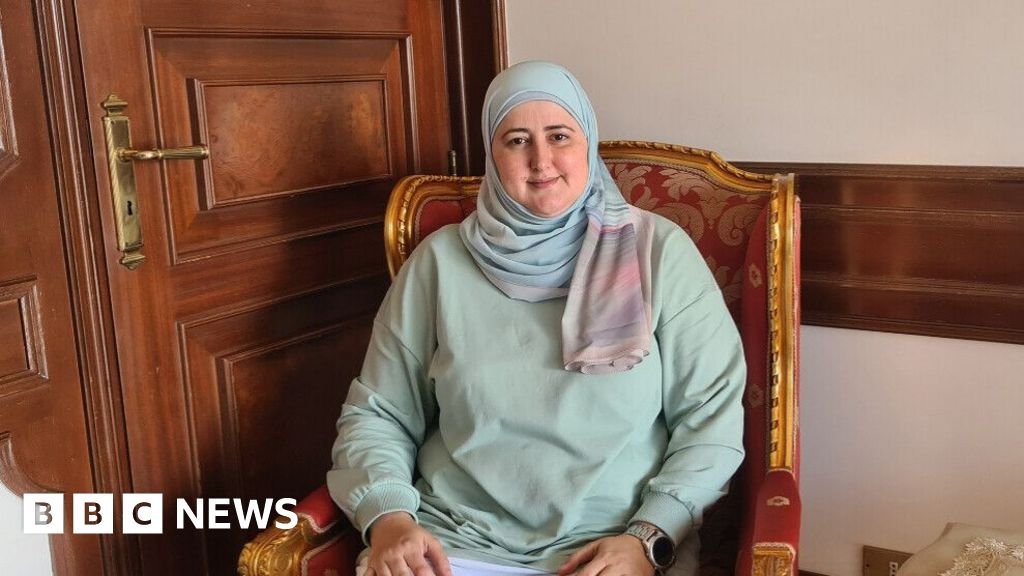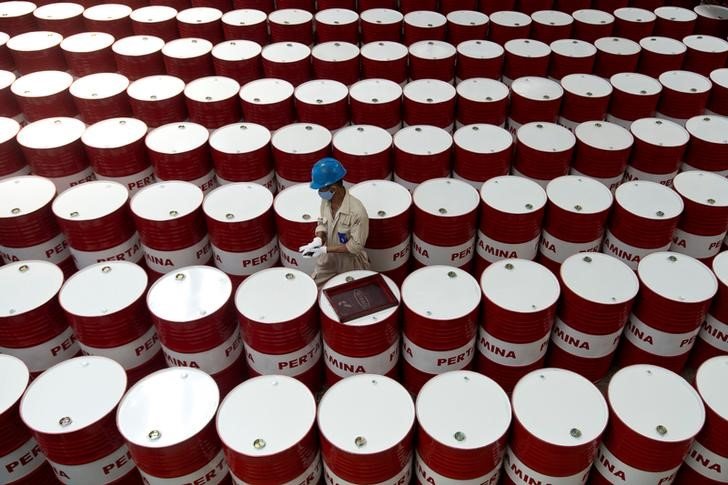
In 2025, the United Nations will celebrate its 80th anniversary and welcome the State of Palestine as the 194th member state of the United Nations to ensure a lasting solution to the conflict in the Middle East. The upcoming United Nations Conference on Palestine in June 2025 could become a turning point – a decisive and irreversible path towards peace in the Middle East. The Trump Administration will greatly serve the interests of the United States and the world by advocating for a two-state solution and a comprehensive Middle East peace agreement at the June meeting in New York.
Despite Israel’s shocking atrocities in Gaza, Lebanon and Syria, there are glimmers of hope. Nearly the entire world is united in seeing a two-state solution as the key to regional peace. Therefore, a comprehensive agreement is now within reach.
The United Nations General Assembly recently passed a potentially transformative resolution (PDF) with an overwhelming advantage. The United Nations General Assembly called on Israel to end its illegal 1967 occupation and reiterated its firm support for the two-State solution. Most importantly, the resolution sets out a road map for the establishment of a Palestinian state at a high-level international meeting (PDF), to be held at the United Nations in June 2025.
Think of how long Palestinians and the world have been waiting for this moment. In 1947, the United Nations assumed responsibility for solving the Palestinian problem for the first time. Pursuant to Resolution 181 (PDF), the United Nations General Assembly proposed dividing Mandatory Palestine into two independent states – one Jewish and one Arab. Unfortunately, the proposed division was neither fair nor agreed upon by all parties. It allocates 44% of the land to Palestinians despite the fact that they make up 67% of the population. However, before the plan could be revised and peacefully resolved, the Zionist terrorist organization began the ethnic cleansing of more than 700,000 Palestinians from their homes, which became known as the Nakba of the Palestinian People.
Top UN mediator Count Falk Bernadotte sought to revive a two-state solution after Israel declared unilateral independence and defeated its Arab neighbors in war. However, Bernadotte was assassinated by Lehi, a Zionist paramilitary group. Israel signed the 1949 Lausanne Protocol, which restored the two-state solution under United Nations auspices, but then blatantly ignored it. On the contrary, Israel has been trying to deny Palestinians their right to a homeland for 75 years.
For decades, the U.S. government has hosted a sham negotiation process at the direction of the Israel lobby. Ostensibly involving direct bilateral talks between the occupying Power and the occupied people, these efforts are inherently unequal and Israel’s goal has always been to deny the establishment of a truly sovereign Palestinian state. At best, Israel offers “Bantustans,” powerless little enclaves of Palestinians living under Israeli control. The U.S.-led process has continued since the mid-1970s, including 1978 Camp David Accords, 1991 Madrid Conference, 1993-1995 Oslo Accords, 2000 Camp David Summit, 2003 Quartet Peace Roadmapand 2007 Annapolis Conference. In this hall of mirrors process, the Israelis continue to block the establishment of a Palestinian state, while American “mediators” continue to accuse the Palestinians of being stubborn.
The Trump administration may choose to change the rules of the game at the upcoming United Nations conference—for the benefit of the United States, the long-term interests and security of Israel, and the interests of peace in the Middle East and the world. In fact, the United States is the only country with veto power over a Palestinian state. Israel has no veto over Palestinian statehood or peace. Only the United States has veto power.
Yes, Prime Minister Netanyahu has other ideas besides peace. He and his coalition still have one goal: to deny the establishment of a Palestinian state by expanding Israel’s territorial conquests, which now include not only occupied Palestine but also parts of Lebanon and expanding parts of Syria.
The United States needs a new foreign policy in the Middle East—one that brings peace rather than endless war. under authorization international court of justiceand pass General AssemblyG20 (PDF), BRICS countries (PDF), League of Arab States (PDF), the vast majority of the world favors a two-state solution.
The United Nations Conference on Palestine is therefore a critical and important opportunity to achieve comprehensive peace in the Middle East, which includes seven interrelated measures:
- The United Nations authorized an immediate ceasefire on all fronts of the conflict, including Israel, Palestine, Lebanon, Syria, Yemen, Iraq and Iran, and the immediate release of hostages and prisoners of war from all entities.
- On June 4, 1967, the sovereign state of Palestine was admitted as the 194th member state of the United Nations, with its capital in East Jerusalem; Israeli armed forces withdrew from the territory occupied in 1967, while introducing UN-mandated international forces and providing security to protect all people.
- Protection of the territorial integrity and stability of Lebanon and Syria, the full demilitarization of all non-state forces, and the withdrawal of all foreign troops from their respective countries.
- Adopt an updated Joint Comprehensive Plan of Action (JCPOA) with Iran and end all economic and other sanctions against Iran.
- Terminate all belligerents or belligerents, including defunding and arming belligerent non-state entities, and respect and recognize the sovereignty, territorial integrity and political independence of each state in the region (without excluding the possibility of subsequent conflict) as agreed by the sovereign parties territorial adjustments, security arrangements and forms of cooperative governance).
- Establish regional peace and normalize diplomatic relations between all Arab and Islamic countries and Israel.
- Establish the Eastern Mediterranean and Middle East Sustainable Development Fund to support reconstruction, economic recovery and sustainable development in the region.
After decades of violence and war, the opportunity for peace is here and now. The United Nations’ efforts to achieve comprehensive peace represent our best hope and opportunity in decades.
The views expressed in this article are the author’s own and do not necessarily reflect the editorial position of Al Jazeera.








